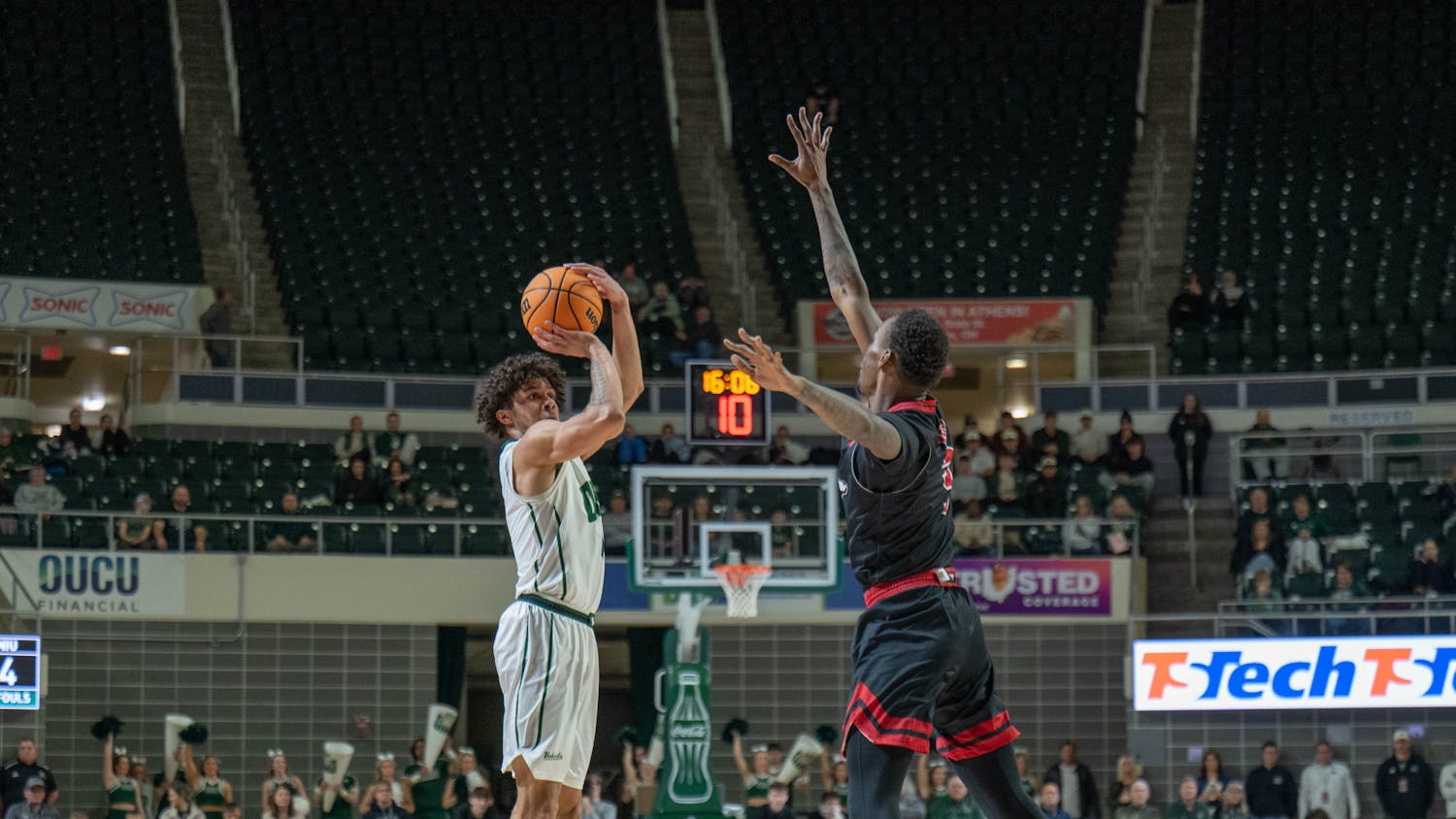October marks LGBT History Month, highlighting the intense civil rights battle that LGBTQIA+ people have fought for years. During this month, each day celebrates a different notable LGBTQIA+ member or activist. In addition to honoring writer Jazmine Hughes on the day this year, Oct. 11 is also National Coming Out Day.
Inaugurated in 1988 by LGBTQIA+ activists Robert Eichberg and Jean O’Leary, National Coming Out Day marks the anniversary of the 1987 Second National March on Washington for Lesbian and Gay Rights. Eichberg and O’Leary wanted to maintain an upbeat attitude in the LGBTQIA+ community and celebrate coming out instead of hiding in silence.
In recent years, young LGBTQIA+ people—especially members of Gen Z—have started to take a more critical look at the idea of “coming out.” Although young people still commemorate the struggle activists went through to get where American society is today, they recognize that the idea of coming out is more nuanced than people may think.
Adell Dumbra, a junior studying art history, shares their opinions on the idea of coming out.
“When I was younger, I thought the idea of coming out was stupid because straight people don't have to come out,” Dumbra said. “I would just be like, ‘That's stupid, I'm never going to come out because it's just stupid.’ Then I realized that I do, in fact, have to come out just because of societal standards and things like that. And coming out is an important thing to a lot of people.”
Students still recognize that, even now, coming out can be hard. Especially in recent years, with record numbers of anti-LGBTQIA+ laws being passed in states across America, it can be daunting for LGBTQIA+ people to tell those they are close to that they do not identify as straight.
However, Jacob Walther, a junior studying journalism, points out that LGBTQIA+ rights are not going back to the pre-Stonewall era.
“It feels like we're going backward a little bit, but we're really not,” Walther says. “They're just getting louder because they're getting more upset.”
Members of Gen Z still recognize that coming out now might be harder than it was a few years ago.
Sophie McAdams, a student at Hondros College of Nursing, emphasized that every experience is unique, and coming out is each person’s individual journey.
“If you are not in a safe position to be coming out, you are valid,” McAdams says. “You are still the person that you know yourself to be just because you haven't said it out loud. And even if you are in a safe place, you don't have to say it out loud. It's nobody's business but yours.”
OU students in particular likely have a unique perspective on coming out; OU has had a strong LGBTQIA+ presence since the 1970s, according to the OU LGBT Center. The LGBT Center also hosts an annual National Coming Out Day celebration.
However, some students do not believe the university is doing all it can for LGBTQIA+ students. Whether it’s connecting students to resources or just advocating for individuals, the consensus seems to be that there’s room for improvement.
“Institutions in general (love to say), ‘We have an LGBTQ safe space—it's a lounge. Oh, we have the Multicultural Center, it's a safe space,’” Walther says. “As true as those things are, and I know people do utilize them on our campus, the number of people who are queer and are of color going to utilize those resources doesn’t compare to what it should be.”
As young LGBTQIA+ people meet new people, they still criticize the difficulty that comes with coming out to new people and the unfairness of that expectation. Many are working to change that expectation and hope that this will help future generations of LGBTQIA+ people.
However, LGBTQIA+ members of Gen Z still recognize the importance of National Coming Out Day and the activism that brought the community to where it is now.
“LGBTQ history is very moving,” McAdams says. “When you find out about it, you feel honored to be walking a path that has been paved for you with blood, sweat and tears and lives lost and families destroyed.”
Sometimes when young people become aware they might not identify as cisgender or heterosexual, they can feel alone in their struggle to come out. However, it is important to look for advice from people who have experienced similar things.
“I came out to everybody individually—and this is for people in my family,” Dumbra said. “I only come out to people in my family … So for my siblings, and my mom, (and my dad), I came out in a car. I think the idea of coming out in a car is very funny because neither of you guys can run away from the situation. So they're driving and I always say, ‘You know, I am (gay) right?’ Because we're going to be talking about something similar to that ahead of time. That always led to a funny response back from my siblings.”
As people in America observe National Coming Out Day, young people recognize that it is important to honor the struggle that past LGBTQIA+ activists went through to get equality and visibility in modern society. However, they also recognize that it is important to acknowledge the double standards that are associated with the idea of coming out.






